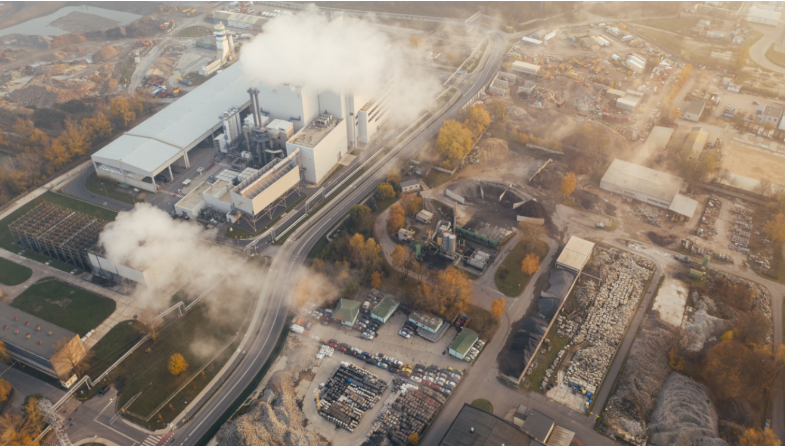Following the industrial revolution, heavy industry flourished in Wales, resulting in us having a surprisingly large output of carbon emissions for such a geographically small nation. Now committed to leading the way in sustainability, the Welsh Government has pledged to reach “net zero carbon emissions” by 2050.
A huge step towards achieving this target will be to tackle the emissions produced by heavy industry, in the hopes that this will dramatically change our national carbon footprint.
Capital Law’s construction, energy, and projects team has been working alongside partners from South Wales’ industrial sector on several groundbreaking projects, forming the South Wales Industrial Cluster (SWIC). The projects are funded by Innovate UK (the UK Government’s Innovation Agency) and aim to develop pioneering approaches to reduce carbon emissions from heavy industry along the South Wales corridor.
Tony Parton, CEO of CR Plus (Project Lead for the SWIC Roadmapping Project), said:
“SWIC is made up of a cluster of diverse industrial companies and sites across South Wales who have come together to collaboratively tackle common challenges of decarbonisation and clean growth. SWIC comprises of a diverse set of industries with both common and unique challenges. Sectors represented include steel, oil refining, paper, nickel refining, insulation materials, chemicals, LNG importing, Royal Mint, and general manufacturing.”
The SWIC projects aim to identify alternatives for large scale carbon capture, usage, and storage and for an infrastructure backbone to enable large scale CO2 emissions reduction across Wales and beyond.
It’s a real privilege to be part of this innovative group – developing new opportunities for improved energy and resource efficiency, ultimately driving towards the vision of an industrial circular economy.




